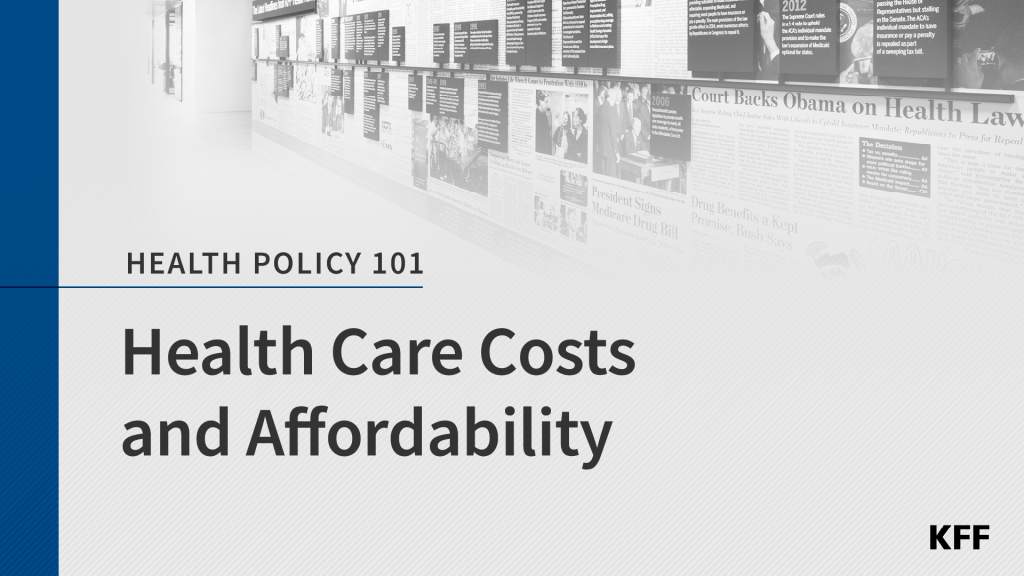KFF Survey of Consumer Experiences with Health Insurance
The survey finds nearly six in 10 people with health insurance experienced a problem using their insurance in the past year, with even larger shares reporting problems among people who are sick or who have mental health needs. It includes data for people with different types of coverage, including employer, Marketplace, Medicare and Medicaid, and also examines affordability issues and mental health access.
